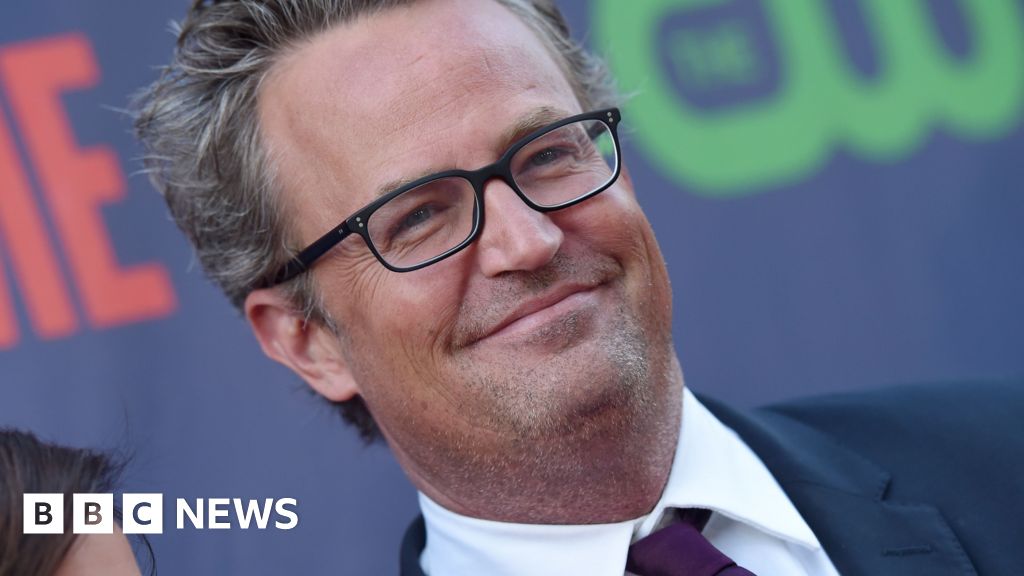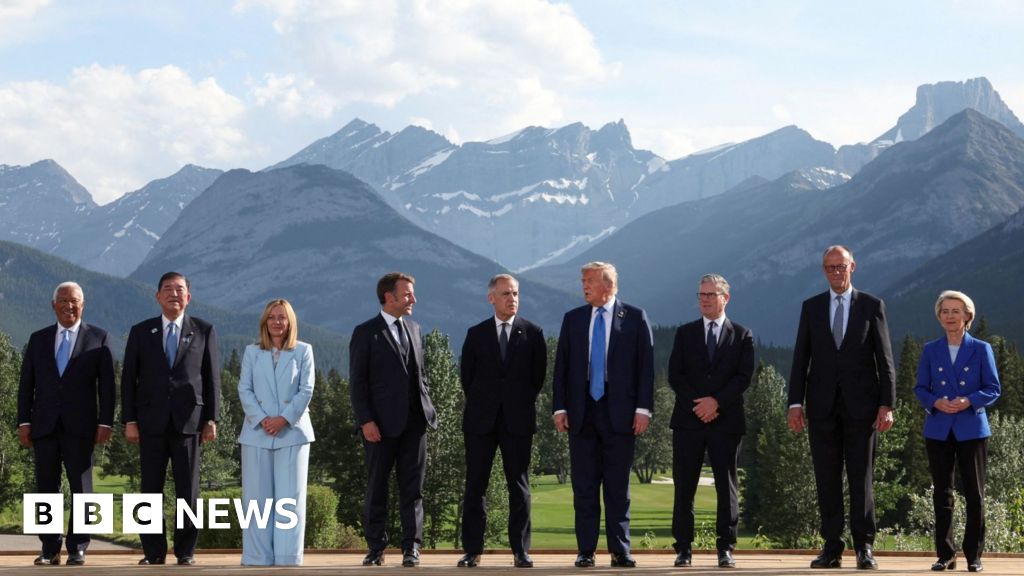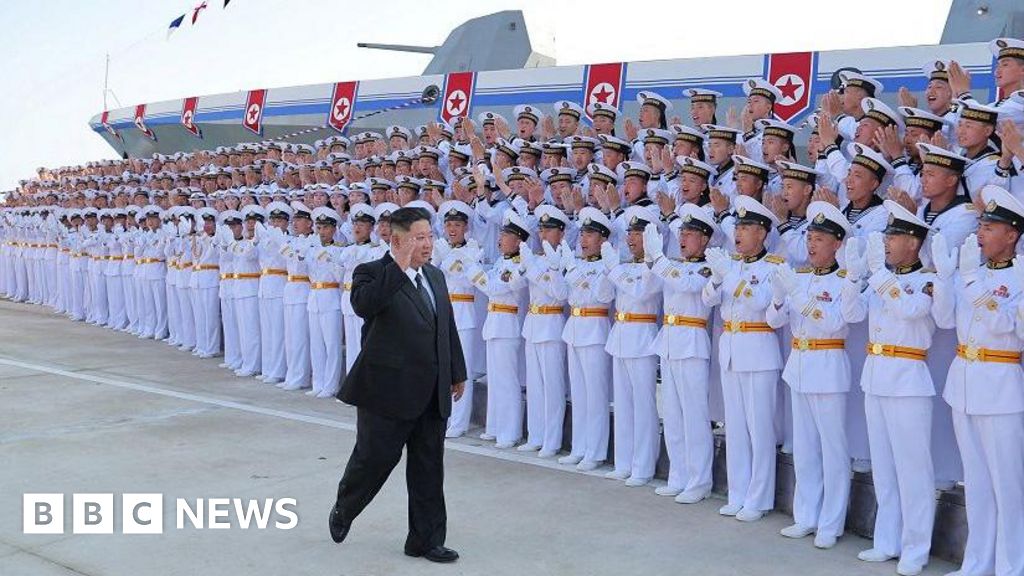ARTICLE AD BOX
By Mech Dara & George Wright
BBC News
Image source, Mother Nature
Image caption,Thon Ratha kept his work from his family to begin with, fearing they'd disown him
Mother Nature is a group made up of young activists attempting to protect Cambodia's environment from widespread destruction. But the group has increasingly been targeted, with some even jailed for their activism.
Thon Ratha and Long Kunthea are passionate, young environmental activists for Mother Nature. They also both spent more than a year in jail in appalling conditions for daring to take on their government.
Ratha - now one of the group's best-known activists, was a student working at a supermarket to make ends meet when in 2014 he attended a workshop at his university in the Cambodian capital, Phnom Penh. It would change his life forever.
The event was led by Alejandro Gonzalez-Davidson, the Spanish co-founder of the Mother Nature environmental group. Gonzalez-Davidson, who is fluent in Cambodia's native Khmer, spoke passionately about a planned hydropower dam in the Cardamom Mountains in the west of the country, and the destruction it would inflict on the local environment.
Inspired, Ratha decided to join the group as an activist. He soon started conducting investigations for Mother Nature on sand mining, the illegal trafficking of wildlife parts and the effects of mass construction in the coastal city of Sihanoukville.
Image source, Luke Duggleby
Image caption,Alex Gonzalez-Davidson was expelled from Cambodia in 2015
Long Kunthea, 24, was inspired to join the group upon watching one of Ratha's videos in 2017. Before that she showed little interest in politics and the environment. "I was terrified… like ordinary Cambodian people," she says. "I would not dare to even click on political articles."
In the video, Ratha and other activists delivered their findings while covered up to their necks in sand. Kunthea was captivated by the entertaining but hard-hitting video. She wasn't the only one. That video alone racked up more than 4.5 million views and 150,000 shares on Facebook.
"I felt like they were heroes," Kunthea says.
Prime Minister Hun Sen's government has long been accused of profiting from the plundering of the country's natural resources - which he denies. But Cambodia has one of the highest levels of deforestation in the world, losing approximately 64% of its tree cover since 2011 alone, according to Amnesty International.
Other conservation and rights groups point out that the country has also lost around half of its wetlands in just 15 years, while in Phnom Penh alone, 15 of 25 lakes have been filled in amid a construction boom.
Image source, Omar Havana/Getty Images
Image caption,Most of Phnom Penh's lakes have been filled in, including Boeung Kak, pictured here
Hun Sen has blamed deforestation on everything from rising population to people in rural areas cutting down trees to build houses. He has defended filling in lakes by saying its necessary for national development, suggesting "repetitive" criticism of him could be fuelled by jealousy.
Mother Nature was founded in 2013 to help local communities mobilise against the planned hydropower project in the Cardamom Mountains. The project was eventually scrapped in 2017 after years of the group's protests.
Its young activists - most in their late teens and 20s - have since investigated everything from sand dredging to illegal logging and pollution.
The group's popularity grew when they started documenting their findings in playful and informative videos uploaded to their Facebook page, which now has 432,000 followers.
Image source, Mother Nature
However, their criticism of the government has come at a cost.
Government spokesman Phay Siphan said it supports environmental activism, but claimed Mother Nature activists have ulterior motives.
"The motive of those kids is completely different from the task of environmentalists. They are not related to the environment, it is something else," he said.
As a result they have cracked down hard on the group.
In September 2020, Kunthea was preparing to walk to Hun Sen's central Phnom Penh estate in protest over filling and construction on one of the city's biggest lakes.
Her fellow Mother Nature activist, Phuon Keorasmey, was going to film the one-woman march. Soon after they started their march, the pair were bundled into police cars and taken for interrogation.
"I was alone but there were four or five officials who questioned and yelled at me," Kunthea recalls. "They asked me whether my march was attempt to carry out terrorism. I was speechless... how could I commit terrorism?"
Image source, Mother Nature
Image caption,Long Kunthea spent more than a year in prison
The two young activists were sent to court and charged with incitement to commit a felony or cause social unrest. Ratha was arrested and charged with the same offence soon after.
All three were placed in pre-trial detention, facing up to two years in jail.
Kunthea and Keorasmey had to share a cell with up to 150 women.
Keorasmey, 20, says she tried to keep busy, reading books by Aung San Suu Kyi and Nelson Mandela, but the harsh reality of prison was inescapable at times. Fights would regularly break out as inmates jostled for space. A woman in another cell killed herself.
Kunthea believes the government locked them away to send a message.
"These are threats and intimidation, not only against me and my family but to other young people that dare to stand up to protect their natural resources."
Kunthea, Ratha and Keorasmey were convicted in May, given jail terms and fined heavily. In July they were hit with further charges of plotting, which carries a sentence from between five to 10 years.
Image source, Mother Nature
Image caption,Keorasmey had to share a cell with around 150 people
Since then, three other Mother Nature members were arrested in June and charged with plotting and lese majeste, a law that carries harsh punishment for insulting the monarchy and is regularly used by the government to target critics. It is not clear what the activists were accused of saying to insult the monarchy.
In November all six were released by the Appeal Court. Kunthea, Ratha and Keorasmey walked free for the first time in more than a year.
But that freedom is fragile. They have to report to the police monthly due to being on bail for the outstanding plotting charges, which could see them rearrested any day if the investigating judge decides to send the case to trial.
Phil Robertson, deputy Asia director for Human Rights Watch, said what Hun Sen and his "cronies" didn't count on is "the anger of the youth about environmental destruction, and how Mother Nature and other activists have tapped into that generation's demands for action by exposing what was really going on".
"Hun Sen is using his time-tested tactic of 'killing the chicken to scare the monkeys', to go after leading activists in a way that intimidates others who might think about standing up for their rights and for the environment," he added.
Gonzalez-Davidson, Mother Nature's co-founder who was expelled from Cambodia seven years ago and has since been charged with plotting and lese majeste, says the group is still going to be operational in the country, but without official staff members for the time being.
Image source, Mother Nature
Image caption,Ratha has restarted his activism upon being released from jail
Regardless of the dangers, Kunthea, Ratha and Keorasmey have all vowed to continue their work although they will be releasing investigations on their personal Facebook pages for now. Ratha last month uploaded his first investigation since being released.
"Life prison was heavy mental torture for us," Ratha says. "But it made us strong mentally and I can confront other large obstacles."
The charges "were a show and ridiculous," he adds. "It's impossible to suggest we can cause chaos to society and topple the government."
Keorasmey says walking away from activism now would send the wrong message to other budding activists in Cambodia.
"We are their model," she says. "If we quit, who will dare to do it?"

 3 years ago
41
3 years ago
41








 English (US) ·
English (US) ·